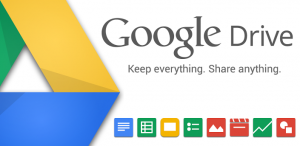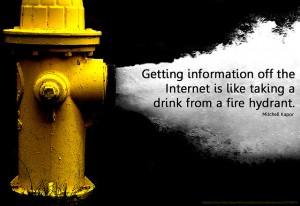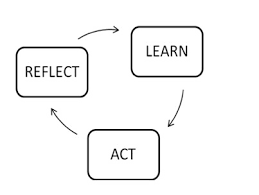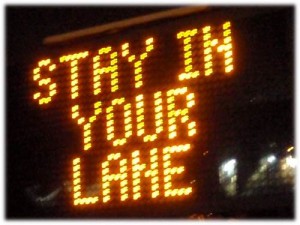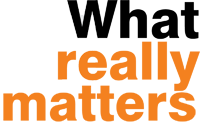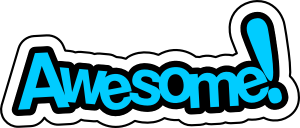It is a shame how we currently feel about the education that our children are receiving. For me, I can not remember a single learning objective from my childhood elementary education. I might be getting old, but it is foggy even though I spent the years 1979 through 1985 steeped in it. I don’t know what their objectives were, and yet there is so much I can tell you about my experience in school. I can tell you how the teachers made me feel. I can remember how specific teachers took an interest in me, and made me feel special. I can tell you that they had high expectations for all the children.
I don’t want you to think that my teachers didn’t teach, because they most certainly did. They taught lessons, but not any that were directly correlated to student growth or even a national standard. They taught me how to read, do math, and memorize things. They taught me to be nice to my peers, encouraged me to try new things, and they even let me play. Today that simply isn’t good enough.
What has changed? Well, a lot has changed. We feel that teachers do not do “enough” and that they aren’t focused on the right things. We assume from the beginning that teachers are simply coasting under the protection of their union. We are guilty of this and we are becoming so paranoid that perhaps in a corner of the world that someone, anyone is doing something better than us. We are forgetting the importance of a solid foundation that early childhood education can play in a child’s future. In that sense, we have completely forgotten that the end goal is not an assessment result, but rather an informed citizen of the world. Are there problems? Of course! Can we improve and evolve? Of course! But let’s not try to take childhood away from these kids because when they get older and can see things for what they are…. we may have some problems that we didn’t calculate.

